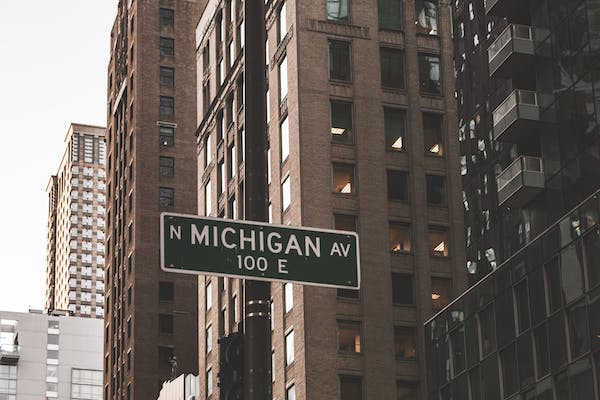Drugs, when used recreationally for non-medical purposes, can be incredibly dangerous and lead to addiction. Drug addiction is a medical disorder that develops from a combination of physical and psychological dependence on a substance or drug. The use of drugs, even those used for recreational purposes, can result in physical and psychological dependence leading to addiction.
Drug addiction is a relapsing disorder, meaning that it is characterized by periods of temporary abstinence followed by repeated use. Addiction is the repeated misuse of a substance or behavior, regardless of the consequences, and it affects all people regardless of gender, age, or background. The process of addiction involves physical and psychological changes, including tolerance, where the body requires more of the drug in order to achieve the same effects, and withdrawal, where stopping or reducing the use of the drug can bring on painful and unpleasant physical and psychological symptoms.
Drug addiction can have severe and long-lasting consequences on individuals, affecting their social, occupational, and interpersonal lives. Social and work-related functioning can be impaired, leaving addicts unable to meet the demands of job or family life. Addicts may struggle to interact with others socially, as they may become socially isolated, resulting in depression. Financial and legal problems may arise due to the addict’s exorbitant expenditures on drugs.
The most effective way to prevent drug addiction is to avoid the recreational use of drugs altogether. Even if one has not developed an addiction to a substance or drug, recreational use can be a gateway or pathway to further, more dangerous drug use. Recreational drug use can lead to dependency and addiction, and it should always be avoided.
Those already suffering from an addiction should seek treatment and seek professional help. Treatment options vary depending on the substance abused, but commonly include medications to manage the withdrawal effects, cognitive behavioral therapy, and the 12-step program. Treatment helps individuals confront their issues and provides them with techniques to manage the disorder in the long term.
Drugs used for non-medical or recreational purposes can be incredibly dangerous and lead to addiction. Those suffering from an addiction or thinking about using drugs must understand the risks associated and seek professional help. There is no “one-size-fits-all” approach to treatment, so it is important to consult with a specialist in order to find the best option. With the right support, individuals suffering from an addiction can manage the disorder and live healthier, happier lives.









